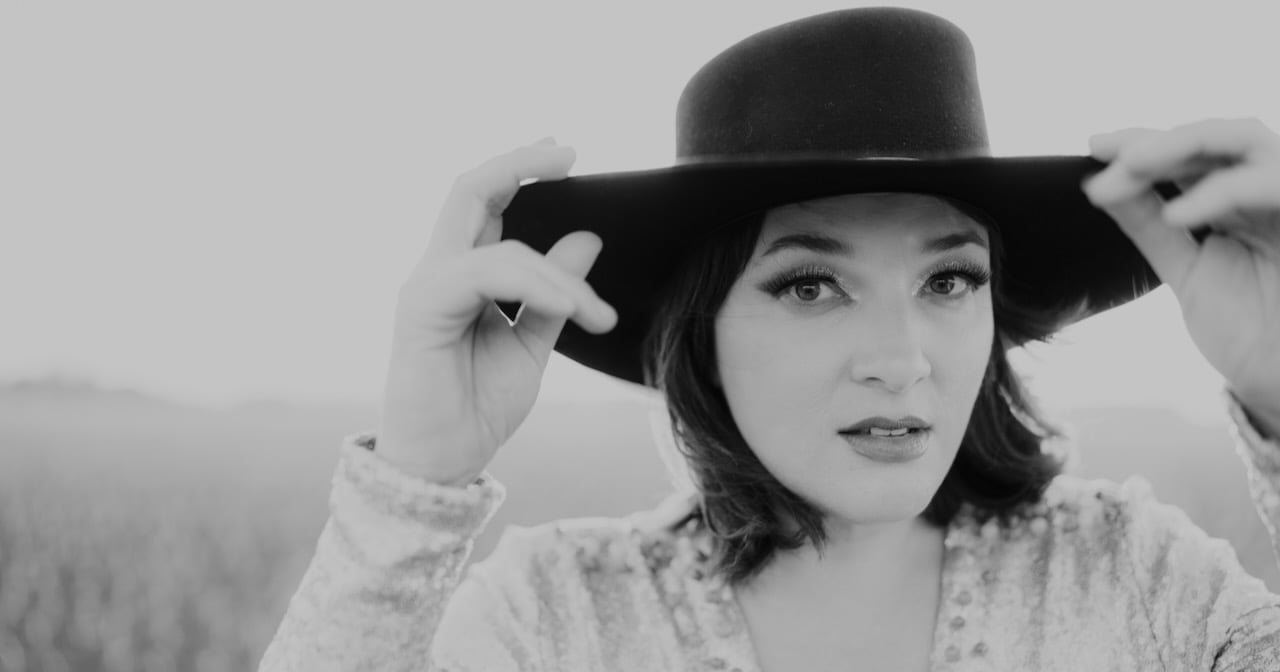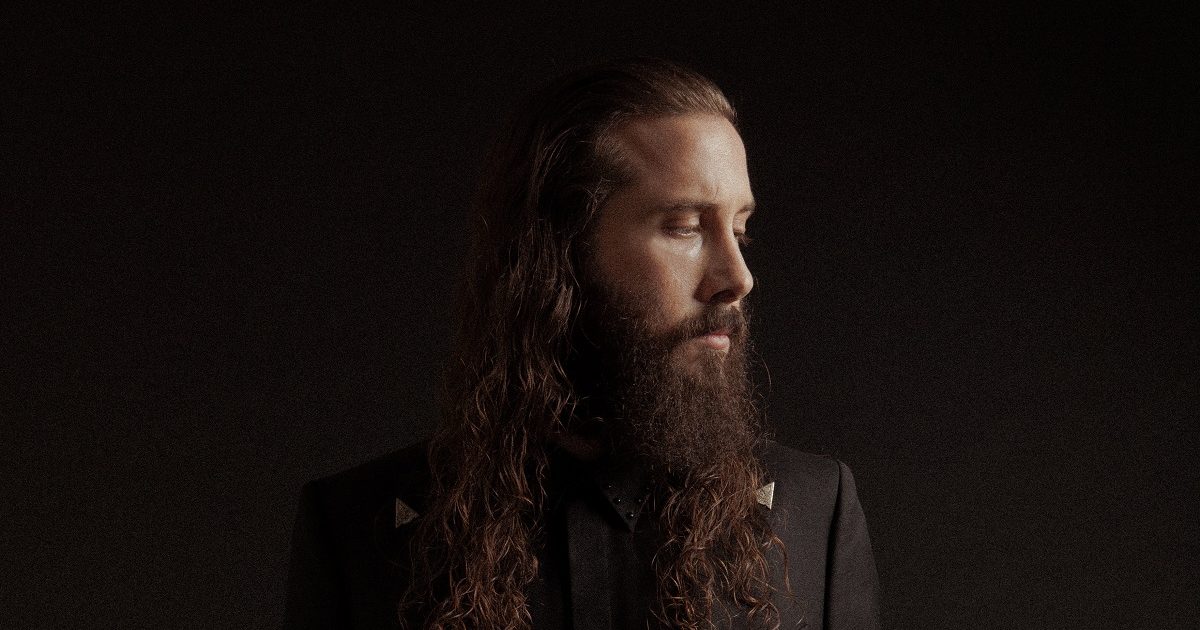I was born into a music-centered family in small town Arkansas near “where the Delta meets the Ozarks.” My grandparents started a music store on the court square in the 1960s and they sold instruments and equipment, et al. – and also carried the top records of the day. So, music and musicians were infused into my life from birth and my family was at the center of a vibrant musical community.
At every holiday or birthday or community event, we played music together and sang with a cast of characters ranging from the local church organist to Sun Records session players. I thought every family was like that, but as I’ve grown older and a lot of those characters have passed on, I’ve realized how rare my upbringing was and I cherish it with all my heart.
I remember the voices and the sounds of the jams like it was yesterday, and I’m honored to make a playlist of some of the favorites we played and sang together. I didn’t discover a lot of the recordings of these songs until much later in my life because we played them by rote – or sheet music – at those beautiful, heavenly hoe-downs. These songs are the soundtrack of my early life. I’m honored to share them. – Bonnie Montgomery
(Editor’s Note: Scroll to find the full Mixtape playlist below, to enjoy while you read.)
“Precious Memories” – Merle Haggard & The Strangers featuring the Carter Family
I chose Merle Haggard and the Carter Family’s version of this hymn, because it’s the closest version to what I remember our hoe-down version sounding like. My grandfather Ivan would always request this song and all the old-timers would sing with such passion, and even tears. I remember the far away look in their tear-filled eyes when they sang it, and although I never felt it like they did back then, I loved the song. We always thought it was a funny selection too, because they would always sing it “pray – shush mam -ries” over and over, which made us laugh. But now that those faces are all passed and gone across the great divide, I feel it like my grandfather used to. Now, just like them, all I have is the memories. Sacred, precious, treasured memories gathered around the piano in my grandparent’s music room – in what feels like a lifetime ago.
“Your Cheatin’ Heart” – Hank Williams Sr.
I didn’t hear the recorded Hank Williams version of this until my late teen years, but we sang it as the grand finale of the Christmas Eve hoe-down every year. After hours of singing the entire catalogue of Christmas carols and standards, my grandfather would sing this one with the most volume and gusto of them all. My mother, or our dear family friend Teddy Reidel, would play a romping walking bass line on the piano with it. So when I went Christmas caroling with friends at age 11, I was ready for the big grand finale and started in on “Your Cheatin’ Heart,” but none of my friends knew it! It was then that I realized “Your Cheatin’ Heart” in fact wasn’t a Christmas carol!
“Born to Lose” – Ted Daffin
My grandfather always requested this song when I was playing piano, whether at the jam sessions or after school, when I would be practicing piano at their house. I never understood it, because the lyrics were so depressing and I wondered why anyone in their right mind would want to profess to being such a huge loser, ha! I remember practicing my classical pieces (I rebelled in the ultimate way by falling in love with classical music at a young age) and Papaw would holler “quit playing that long hair music and play ‘Born to Lose.'” By “long hair,” he meant classical, as in Handel or Beethoven’s long hair. I still laugh about that – instead of long haired hippies, he was talking about the wild artists from centuries ago.
“Sentimental Journey” – Doris Day, Les Brown & His Orchestra
This was my grandparents’ song. They would request this one and dance together every time we played it. During the Great Depression, my grandfather left Arkansas and went to California to look for work. Once he was there, he sent for my grandmother Frances and when she was out there, they got married. They both missed home terribly, so around 1943, when they finally arranged to go back, they had to go separately because of money. My grandmother was expecting their first child by then and had to ride all the way home from California to Arkansas in the back of pickup truck. She always called it her sentimental journey and you could just see the love between them every time we played this one.
“Tennessee Waltz” – Connie Francis
This was another favorite at the hoe-downs. I must have played it a million times while everybody danced and sang. And other times, when we were just hanging out at home, my grandmother would sit in a chair near the piano and ask me to play this one. She would have such a huge smile on her face and she just seemed to melt into the song. I’m so grateful for her encouragement with my musical endeavors.
“Sweet Dreams” – Patsy Cline
This was another of my grandmother Frances’ favorites. She was a fashion-forward, tall, beautiful red-head, full of life and fire. For small town Arkansas she was way ahead of her time. She started her own businesses (the music store was her main project) and ran for mayor in the ’60s too. She adored Patsy Cline and always thought she was so classy compared to the other female country singers of her time. We didn’t jam on this song, but we listened to the recording at full volume. The string arrangements from those Patsy songs have a huge influence on my string arrangements (arranged and played by maestro Geoffrey Robson) in the studio.
“Goin Down the Road Feelin’ Bad” – Woody Guthrie
My grandfather used to take us to his farm in Garner, Arkansas almost every morning in the summer. It was pure heaven for us as children – we could run wild and do whatever we wanted, ride horses, swing on the barn swing, go fishing, drive old cars and tractors around the farm, eat turnips straight out of the ground when we got hungry, crawl around with the pigs in the pig pen, and much more. We would sing in the truck with him all the way to the farm and he loved to sing this song and make up new verses such as, “I’m goin’ where the boys don’t blow their nose…”
That farm lives in my memory every single day – and incidentally, the highway it’s on (old highway 367), got named the “Rock and Roll Highway,” because it’s the road all the Sun Records artists would drive from Memphis to Helena back in the day. I didn’t know that when I was young, but it makes sense that Johnny Cash, June Carter, Elvis, Roy Orbison, Carl Perkins, etc. knew that road well.
“The Strawberry Roan” – Sons of the Pioneers
My grandfather on my father’s side, a wild cattle auctioneer named Leon Montgomery, used to drink his whiskey and burst in the door with his cowboy hat and a grin and croon out “Oh, That Strawberry Roan” as a greeting.
“Gonna Burn Some Bridges” – Ray Price
Ray Price was another familiar voice in the musical landscape of my childhood and is pretty much the ultimate crooner in my opinion. I’m including this tune because it’s direct inspiration for a song on our new album.
“I Was Fine” – Bonnie Montgomery
I’m including one of the songs off my new album, because it was inspired by the music of my childhood and, in particular, the music of Ray Price. My bandmate and engineer, Kevin, came up with a steel guitar riff that’s a direct nod to the steel guitar riff on Price’s “Gonna Burn Some Bridges.” We recorded this one with vibraphone and full string orchestra and I sang my heart out for Ray.
Photo Credit: Jamie Lacombe

